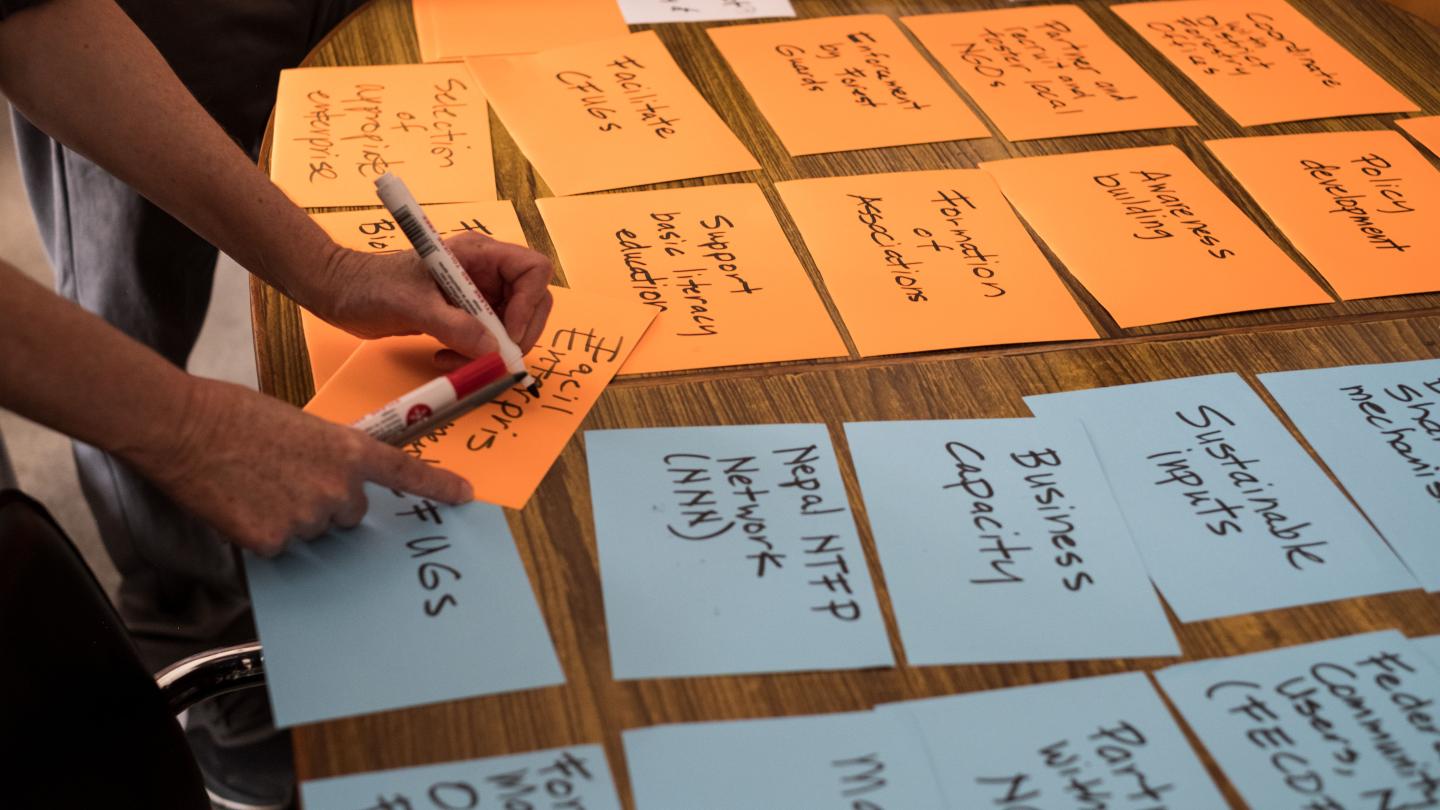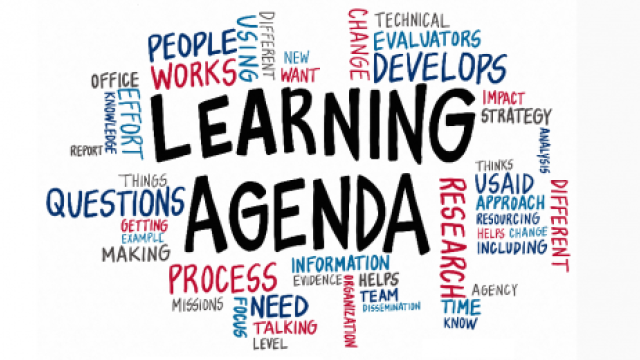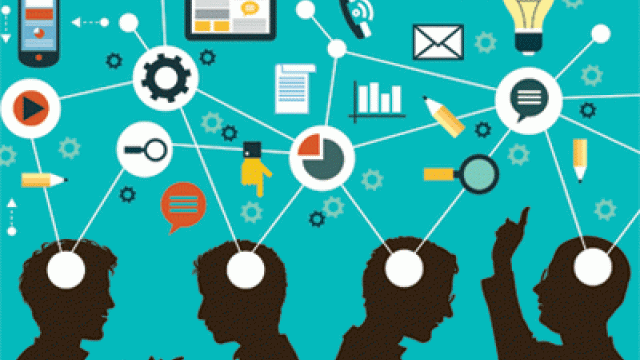
Learning at USAID
USAID's approach to learning includes Agency-wide policies, a learning agenda and annual evaluation plan, as well as efforts to strengthen knowledge management systems, practices and culture.
USAID’s Approach to Learning
USAID program implementation incorporates monitoring, evaluation, and collaborating, learning and adapting (CLA) practices “for better development outcomes and [to] continuously improve as a learning organization that builds and uses evidence to inform decisions” (ADS 201.3.1.3). Official guidance around these practices draws from USAID’s Program Cycle Operational Policy (codified in ADS 201) and Evaluation Policy.
USAID also meets and exceeds federal requirements through its Annual Evaluation Plan and Agency Learning Agenda, which help us learn and adapt as we implement the Agency's Policy Framework. Underpinning USAID’s approach to learning is an effort to strengthen the Agency’s knowledge management and organizational learning (KMOL) systems, practices and culture. Together, this work supports USAID in strengthening how we build and use knowledge and evidence across the Agency and ensures that learning is central as USAID executes its mission.
How USAID Development Programming Works
The Program Cycle is USAID’s operational model for planning, delivering, assessing, and adapting development programming to achieve more effective and sustainable results. Find out more about the Program Cycle principles and components.
USAID’s Policy Framework
USAID's Policy Framework, released in March 2023, establishes three overarching priorities to drive progress through and beyond our programs: first, to confront the greatest challenges of our time; second, to embrace new partnerships; and third, to invest in USAID’s enduring effectiveness. These priorities are connected—achieving our long-term mission depends on confronting the greatest impediments to development today. Marshaling action to address them demands new, inclusive, and ambitious partnerships; investments in our people; and the streamlining of our processes.
The Policy Framework provides coherence among our development, humanitarian, and crisis-response policies and the work we undertake to implement them. The document clearly states that a key to sustaining USAID's effectiveness is to ensure our approaches are grounded in evidence.
Strengthening Evidence-Based Decision Making
The Foundations for Evidence-based Policymaking Act of 2018 emphasizes collaboration and coordination to advance data and evidence-building functions in the Federal Government. Title 1 of the Evidence Act outlines three central processes and products: the Evidence-Building Plan or Learning Agenda, the Annual Evaluation Plan, and the Capacity Assessment for Research, Evaluation, Statistics, and Other Analysis.
Agency Knowledge Management and Organizational Learning
The knowledge of USAID staff and partners is one of the Agency’s most valuable resources, and the effectiveness of development efforts depends in large part on how well knowledge is captured, retained, managed, shared and applied. The Agency Knowledge Management and Organizational Learning (KMOL) function facilitates effective knowledge stewardship through defining and advancing policy, practice and peer learning at USAID.


